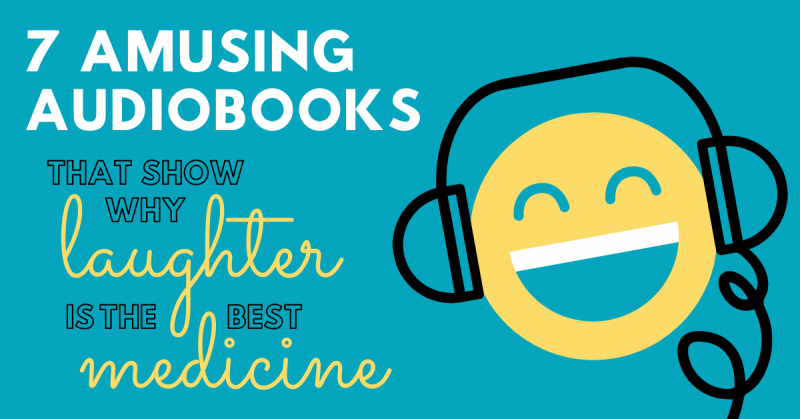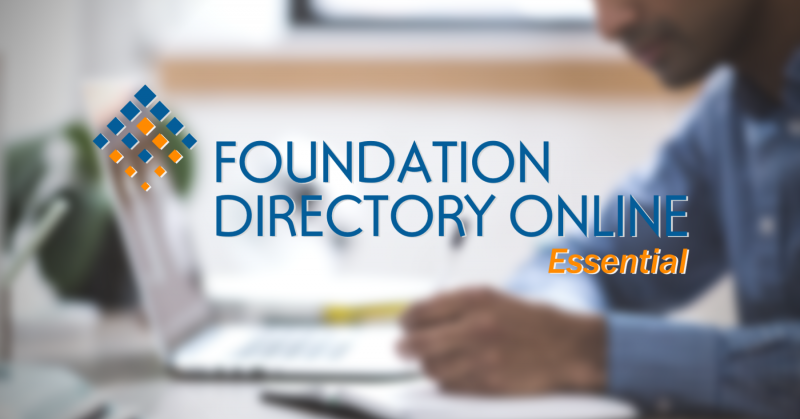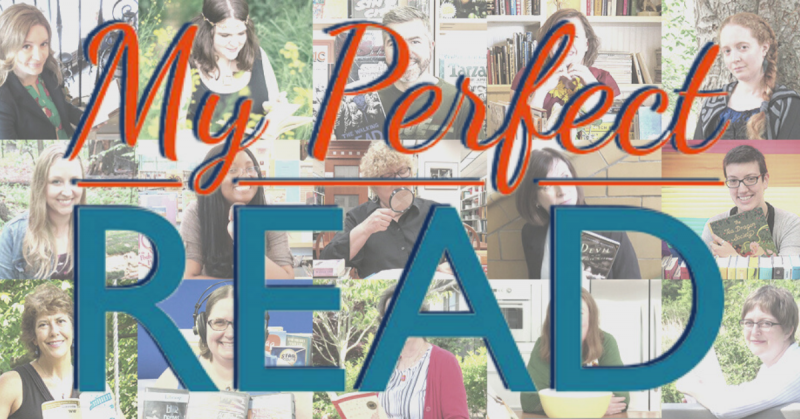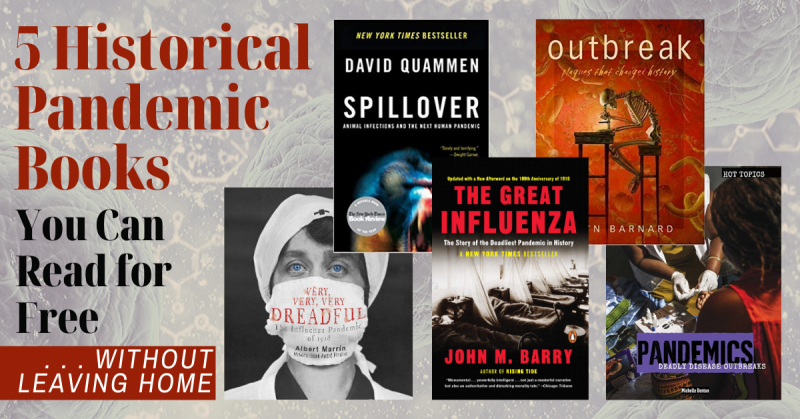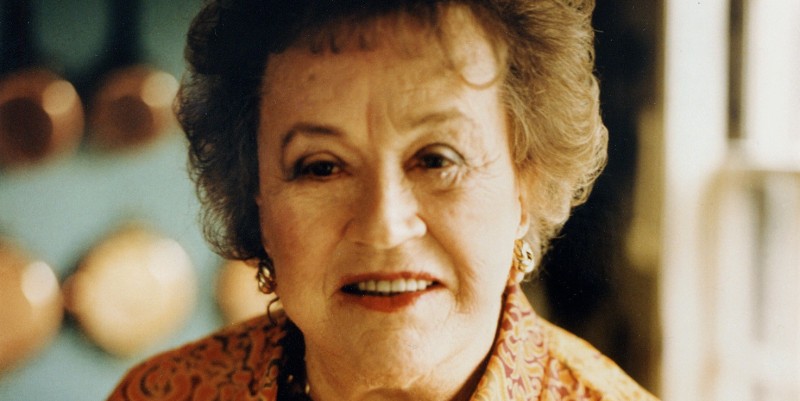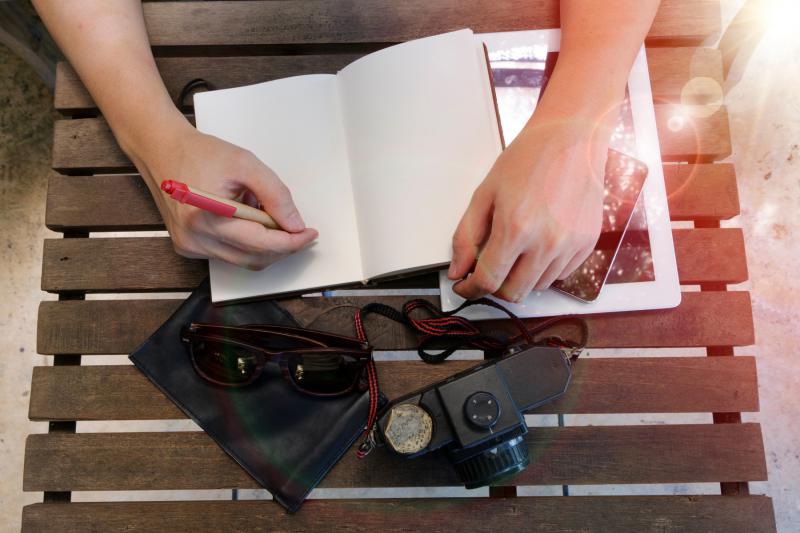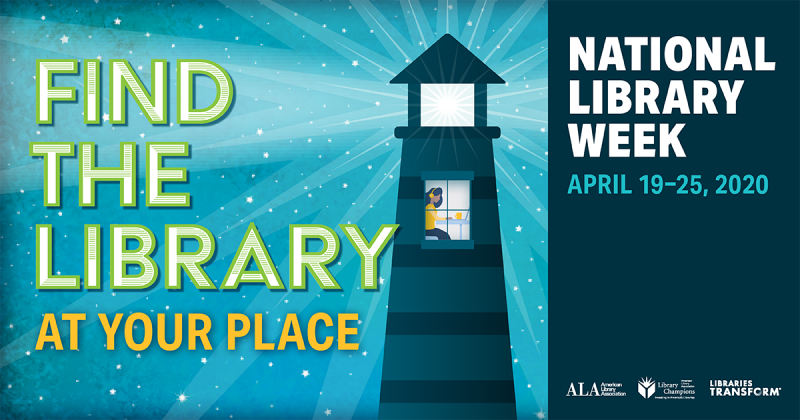April 21, 2020
Stay engaged while staying home by creating and collecting personal and historical records of the pandemic experience.
By Suzanne S. LaPierre, Virginiana Specialist Librarian at the Virginia Room in City of Fairfax Regional Library
We are living through an unusual time, one on which future generations will look back with wonder. What primary sources will people of the future use to understand what life was like during the COVID-19 pandemic?
Primary sources include original artifacts, documents, manuscripts, images, recordings and other sources of information created during the time period studied. They are firsthand evidence of events.
While stay-at-home orders are in place, creating and collecting primary source material can be an engaging activity as well as a resource for future use. Keeping a journal, taking photographs or interviewing others for an oral history project are activities that can be engaged in by people of almost any age. Here are five ideas, including some tips for involving children.
1. Journals
Individuals still working in the community, whether as medical personnel or grocery store clerks, will have unique narratives to illuminate these times. Those staying home can write from their perspectives as well. It may seem dull now, but someday we’ll reminisce about which items were most in-demand at the store and what kind of community activities we engaged in to keep socially active while physically distant. What did we do to help others? Sew masks, foster pets or deliver groceries to older neighbors? What thoughts and concerns did we have?
Children can start by answering these questions:
How does it feel attending school remotely rather than being in a classroom?
Are you playing new games, or learning to play old games differently, since staying at home?
What have you learned from spending more time with family members?
2. Photographs
A number of community and worldwide photography projects have emerged from the pandemic. A Facebook group called “View from my window” shares scenes from the windows of people staying home around the world. Images reveal once-crowded streets and beaches now empty and wildlife such as kangaroos and deer — emboldened by lack of traffic — lounging in people’s yards.
The #FrontStepsProject involves local photographers capturing images of neighbors posing in front of their homes (at a safe distance, of course). Families may appear in pajamas, dressed up in formalwear, or even in costume. Typically, the family photographed donates to a good cause in exchange for the portrait, and photos are shared on social media to promote a sense of community.
Children might start by photographing the teddy bears on display in many neighborhoods as part of an activity inspired by the picture book We’re Going on a Bear Hunt by Michael Rosen. Neighborhoods in at least thirteen countries are participating in the Bear Hunt by posing teddy bears in their windows. Children going for walks with their families spot and count the bears, and there is a Facebook group for sharing photos.
3. Participatory Archiving
Local archives are busy collecting material related to this unique time. In Real Time is a project of the DC History Center. Participate in surveys and learn how your journals, videos, artwork and sound recordings can help document aspects of the pandemic. The Virginia Museum of History and Culture is also collecting Your COVID-19 Stories. Children as well as adults can contribute text or videos to these projects. At least one local elementary school class is creating journals to donate to Fairfax County Public Library’s Virginia Room.
4. Art
Write a song, draw, paint or dance... There are many ways to use this emotional time as a springboard for creativity. Consider contributing creative output to one of the community archiving projects listed above. The Quarantine Family Tool Kit, created by The American Art Therapy Association, includes art project ideas for children and teens.
5. Collecting
Consider which artifacts from the present might help illustrate this chapter in history. Museum professionals call this “material culture” — and objects can reveal details beyond words. Home-sewn masks, signs and cards made to cheer on first responders and medical staff, or a labeled bottle from one of the local distilleries that switched from making alcohol to hand sanitizer are some items that could be included. Children might use these items to create a scrapbook, a time capsule, or what was once called a “cabinet of curiosities.” Then seal it up and imagine looking back on the 2020 pandemic as a thing of the past!
Share Your Experiences with Us
Be part of the Virginia Room's historic project to collect primary source material regarding Fairfax County residents' experiences during the COVID-19 pandemic. Click here to submit your stories, photographs, journal entries, short video clips, art images, or other digital files. Due to the significant interest in the project and the ongoing nature of the pandemic situation, the Virginia Room has removed the original deadline of June 10 for submissions and extended the collection period indefinitely to provide community members more time to participate.
The Virginia Room is a special collection of history and genealogical resources within Fairfax County Public Library.
For more at-home activity ideas and resources, check out our Top 10 Ways to FCPL at Home and our Digital Programs and Online Activities for all ages — from early literacy storytimes for preschoolers and scavenger hunts and digital events for school-age kids and teens, to virtual book clubs and financial wellness workshops for adults.


